|
Its not always obvious what chain you can use with the current range of 12 speed groupsets. Here is a quick explanation on which chain is best for shifting performance, which chain is the most efficeint and what chain will last you the longest.
0 Comments
Brain fart of points why to wax your chain - wax Products
Principles behind chain waxing I though I knew how to lube a chain but I didnt really understand the obvious mechanics of what I was trying to achieved when I was lubing it. What I mean by that is I thought I was lubing the chain to reduce the friction between the chain and the chain rings and cassette, seems about right but no! I got that wrong. What you are actually trying to do is lube the internal surfaces of the chain that articulate (bend) when passing over/around the chainring, cassette and to a more extreme degree the jockey wheels and reduce the contamination from road/trail grit from sitting on and entering the chain. Principles behind chain waxing So the friction from the drivetrain you experience when you pedalling comes mainly from the chain articulating back and forth as it makes its way around the chainring(s) weaving through the jockey wheels and back around the cassette. The molten wax flows into the gaps in your chain then once remove cools to produce a hard smooth (polished once ridden) surface making it extremly hard for grit and dirt to enter. The chain above has been wet lubed, you can see the build up and retention of dirt and grime. Freshly waxed chain read to hit the road/trails, clean dry plates with no way for the dirt to penetrate inside. Steps to achieve to the best waxed chain results The chain needs to be spotless, remove all factory grease (if new) or lube/dirt and grime on a used chain with white spirt (also called mineral spirt), this will need at least 3 fresh applications, the white spirit then need to be removed (again this will need at least 2 fresh application). This is to leave a perfectly clean metal surface with no residue. The chain once dry is submerged in molten hot wax and then removed and hung over the wax container to drip and cool down. There will be a small amount of dried wax on the outside and between the chain plates and the chain will have dried stiff, you can run the chain over round plastic surface surface, some people use the edge of a work stand or put a nail through a jockey wheel on the wall and run the chain over that to break off any lose wax. You can now put the chain back on your bike, the ideal run in period is around 20 minuites for most waxes before the wax has reached its optimum polished finish.
All Chain lube is the same? Exactly what I thought....how much different can one chain lube be from another, can waxing a chain really make a difference. Like many things in life it depends, the Watt savings for chain waxing gets all the headlines but in reality the vast majourity of riders (even those who race) it probably is one of the last upgrades you think of making but the reality is the Watt saving (typically between 3-5 watts bepending onthe chain and power you output) could be greatly beneficial to the casual cyclist or racers due to the time spent on track or doing the activity. Although you are producing less power per hour (and thus saving less Watts) you will probably spend more time out on the course meaning these savings will compound over time, leading to either a faster or easier ride for the same effort. As you can see from the image above this chain an cassette have been ridden for just over 200km (125 miles) off-road and there is minimal dust or dirt attracted to either and the chain rollers are polished clean and dry. All Chain lube is the same? The real benefit of waxing your chain to the average cyclist (racing or casual) is how clean it remains. This took me a while to get my head around why thats important and how it saves you time and effort, money and wear and tear on the cassette and chainring(s). The part of the chain you see (the outside) isnt the part that needs lubricating, the energy lost (in Watts) and the wear and tear on the chain comes from the friction caused by the inside of the roller part of your chain and the bush/pin on each link. The lubricant needs to reach inside the chain to coat these surfaces. Long story short (I will write another blog to explain it better) wet lubricant via capillary action is drawn into the chain and will sit between the roller and pin to allow these two surfaces to rub over each other with less friction (than just metal on metal). The issue is the same capiliary action that draws lube in also carries dirt particles in and increases wear. When you wax a chain you immerse it into hot wax allowing the wax to coat and fill the voids around the internal roller/bush surface before cooling and setting hard. Then when you ride the bike with the waxed chain this surface becomes polished and because it solid there is no room for dirt and grime to get in. Yeah but... Yea but nothing. I will outline and expand on many of the points above in future blogs.
The main benefits of waxing your chain:
If this short explananation on why waxing your chain is better for you isnt for you then great, carry on with your lube of choice. Silca chain waxes and lube have been added to the Travers Bikes website.
Very soon we will be offering new services around the Silca chain wax system. |
TRAVERS BIKES
HAND BUILT TITANIUM FRAMES. Archives
June 2024
Categories
All
|

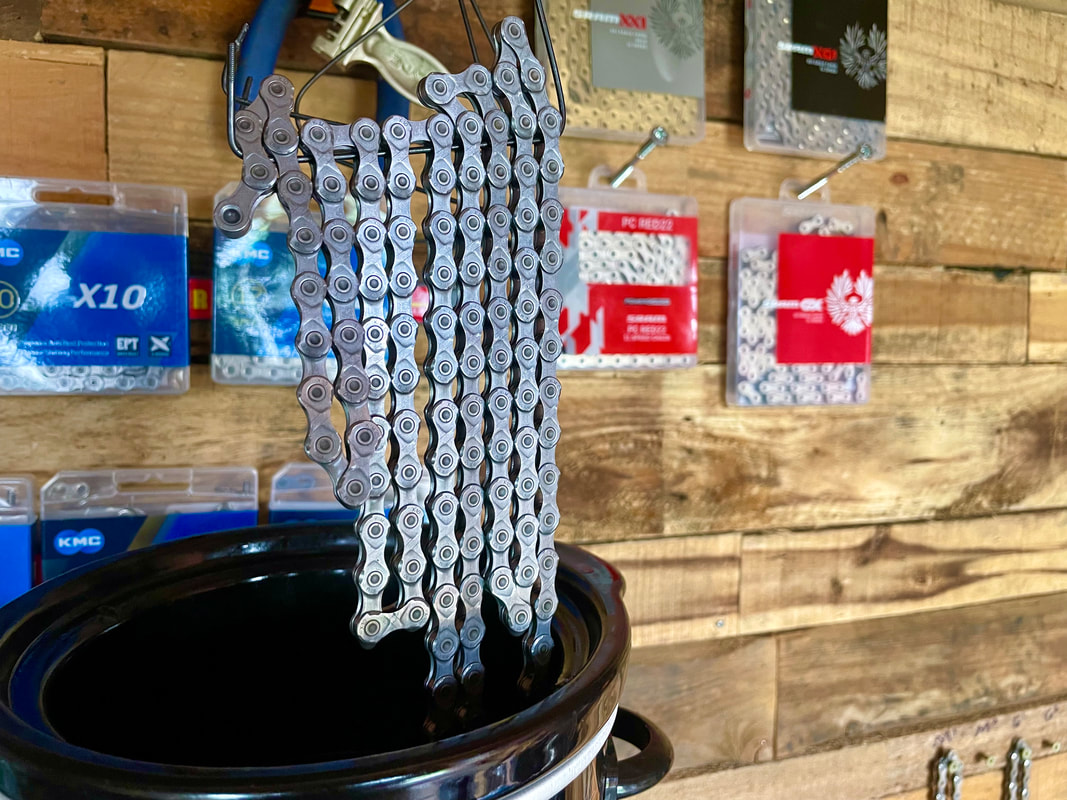
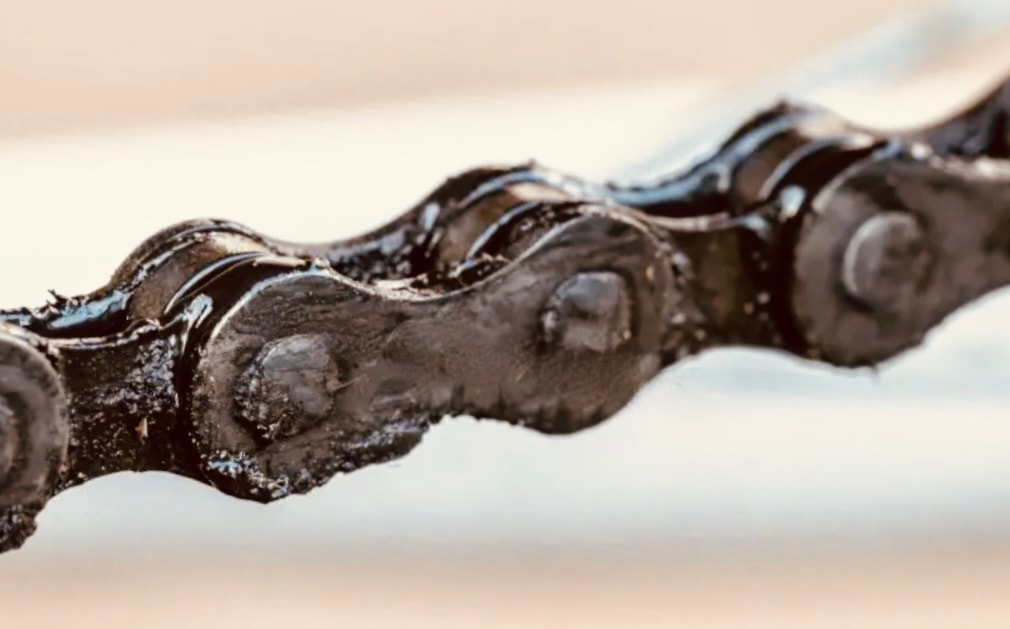
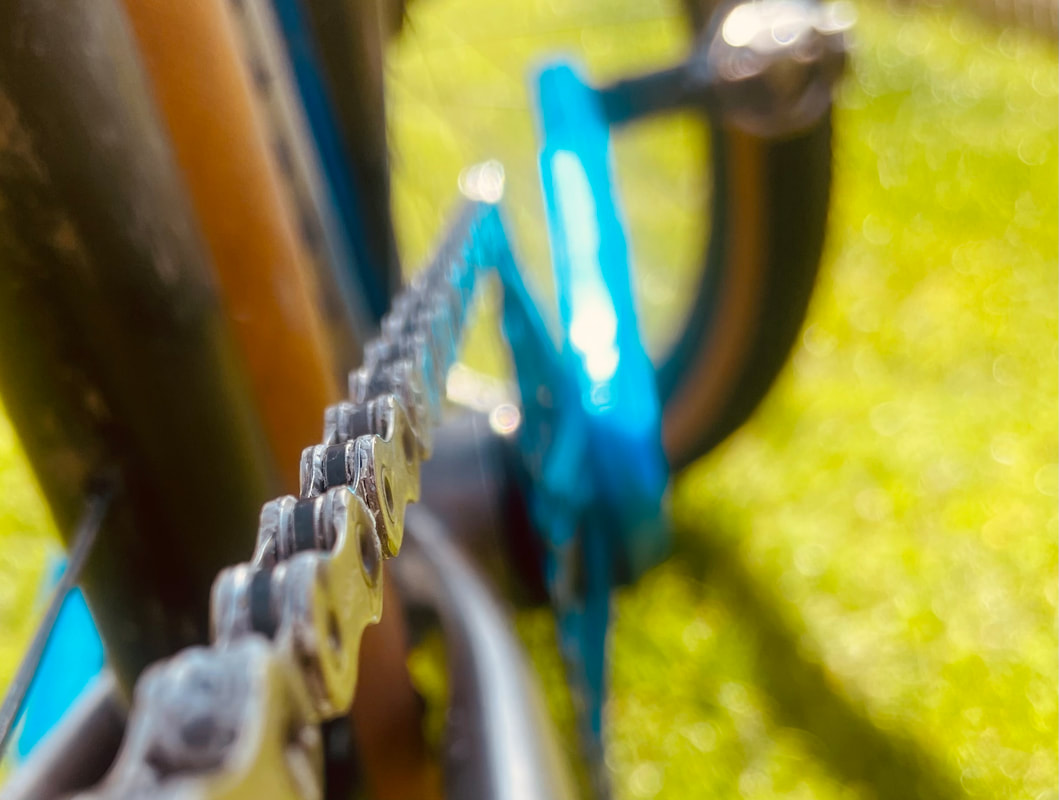
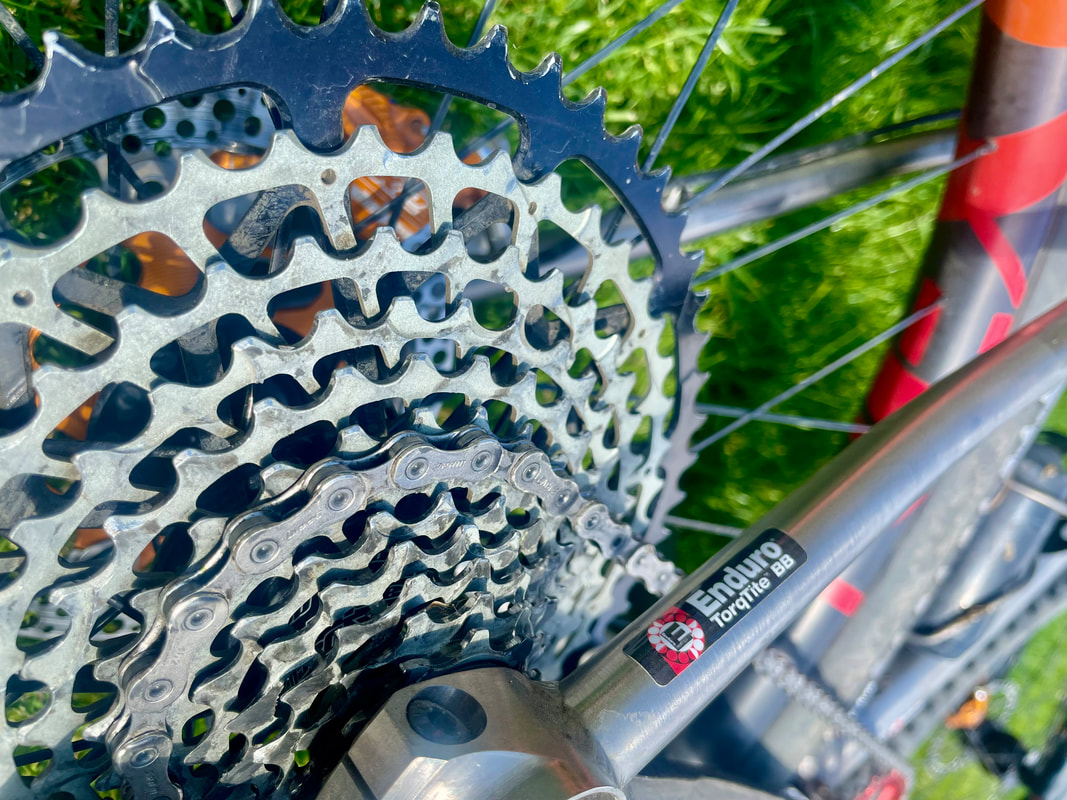
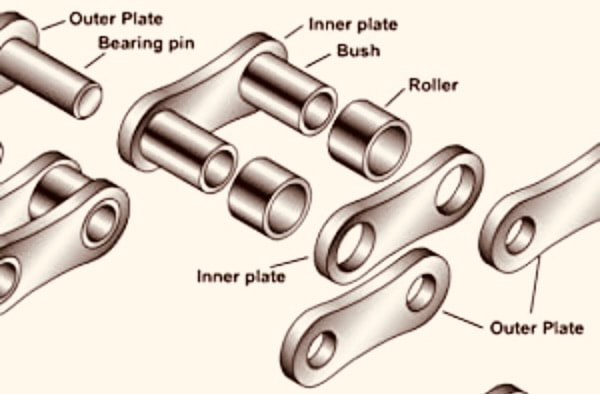
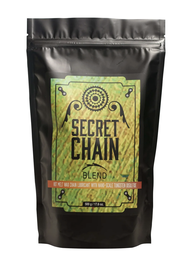
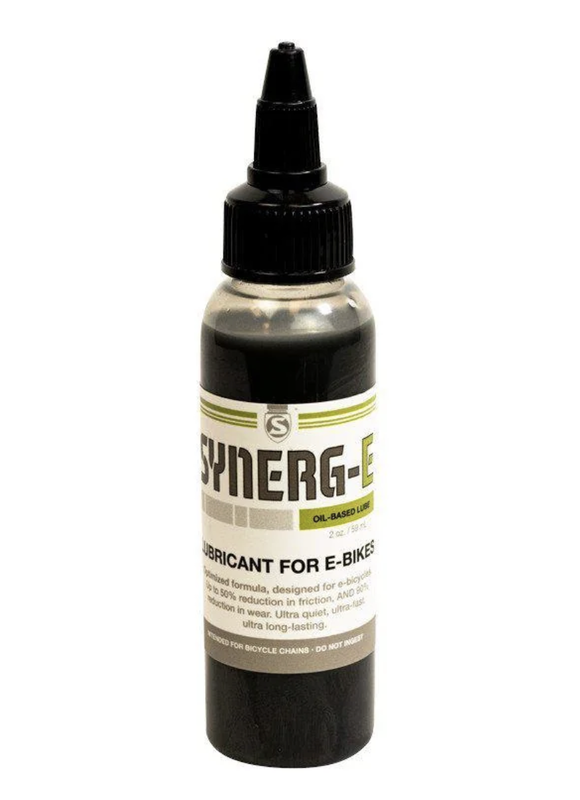
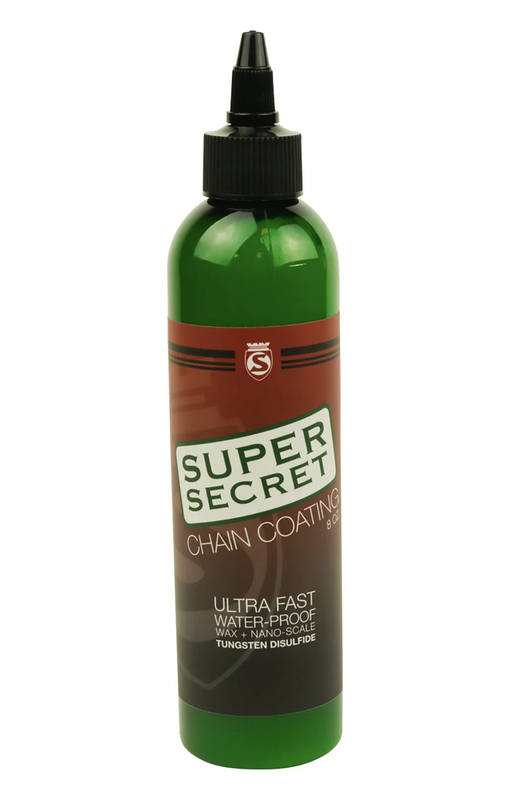
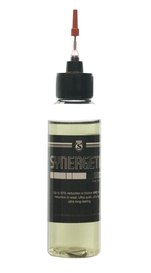
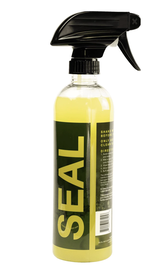
 RSS Feed
RSS Feed